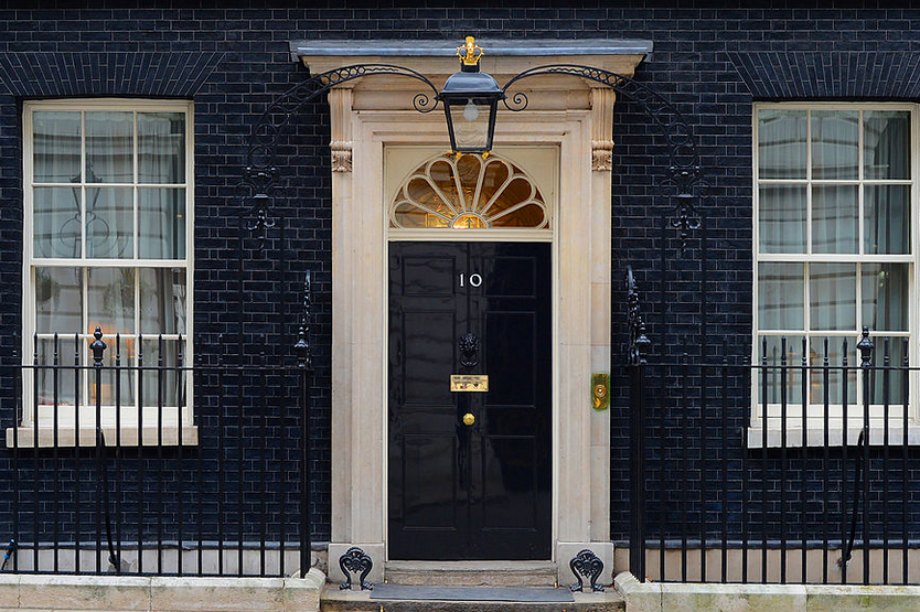As voters go to the polls today, the future of UK renewable energy remains uncertain. The party's manifesto promises to end public subsidies for new projects and to change the law to give local authorities rather than central government the final say on wind farm applications.
It is one of the very few specific references to wind power in the manifestos of all the major political parties contesting this election. Energy policy, except where it concerns consumer prices, is not high on their lists for issues that might galvanise an electorate showing little enthusiasm for the options available.
The opinion polls indicate that neither the Conservatives or Labour parties, which have dominated British politics for nearly a century, will win a clear majority. They will have to rely on the support — whether as a formal coalition or under a confidence and supply agreement — of at least one of the smaller parties to form an administration.
Labour kept its renewables options open in its manifesto, pledging a legal target to remove carbon from the UK's electricity supply by 2030, further powers for the Green Investment Bank, and the creation of an Energy Security Board "to plan and deliver the energy mix we need".
But it remains open to shale gas fracking, only promising to establish a "robust environmental and regulatory regime" before extraction can take place. Labour has also committed to safeguarding the future of the UK's offshore oil and gas industry, currently in the doldrums through diminishing supplies and the collapse in crude oil prices.
The Liberal-Democrats, junior partners in the coalition, and which largely staved off opposition to onshore wind from the Conservatives over the past five years, made energy efficiency the main focus of its manifesto entry on energy and the environment.
It promised to get rid of coal generation by 2025 and to set an ambitious decarbonisation target, but provided no details on how this might be achieved. However, the Liberal-Democrats are now so far apart from the Conservatives on energy policy that it is hard to see their coalition being renewed without a signficant climbdown from one or the other party.
The Scottish National Party (SNP) may be confined to only one part of the UK, but the opinion polls suggest it might well win enough seats to hold the balance of power. It has already made clear that it will not support the Conservatives in any circumstances, but any deal with Labour would have to overcome the SNP's opposition to shale gas fracking and nuclear in favour of greater renewables development
The UK Independence Party (UKIP) pulls no punches in its contempt for climate change in general and green energy in particular. It pledges to withdraw all subsidies for "hopelessly inefficient" wind power and solar PV, to repeal the 2008 Climate Change Act, and abolish all green taxes and levies. Instead it will actively promote shale gas fracking and seek to secure the survival and expansion of the UK's coal industry in the form of deep, opencast and drift mining.
One party that did spell out its renewables plans was Green party. Unsurprisingly, it has hugely ambitious plans for wind power. It has a 2030 target of 87GW of total capacity, roughly split between onshore and offshore. The figure, an increase of 625% on the current 12.7GW, looks less than entirely realistic.

.png)


.png)










